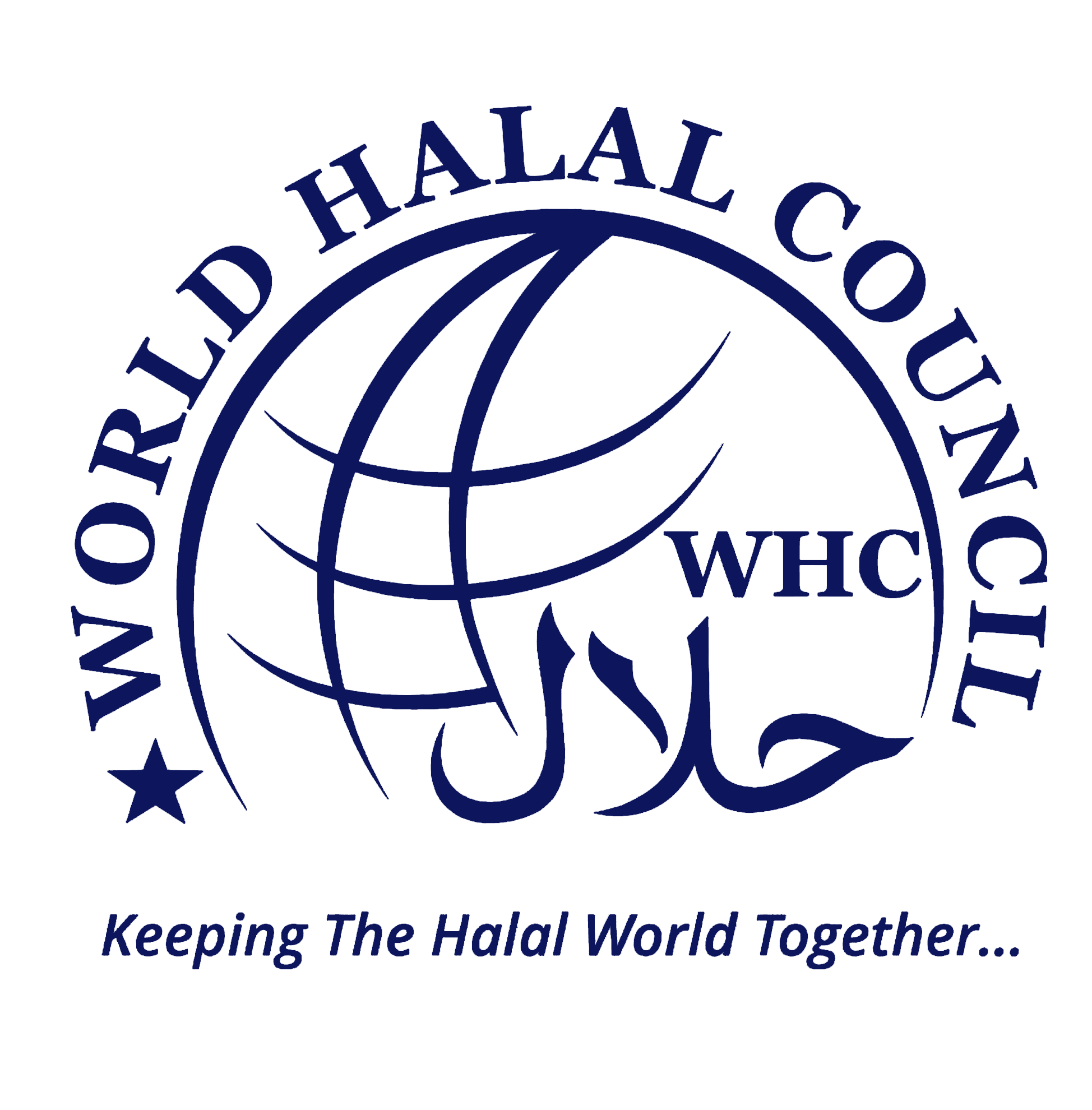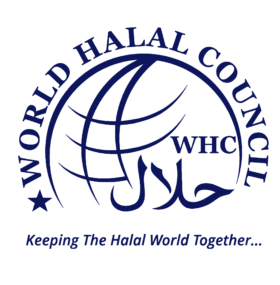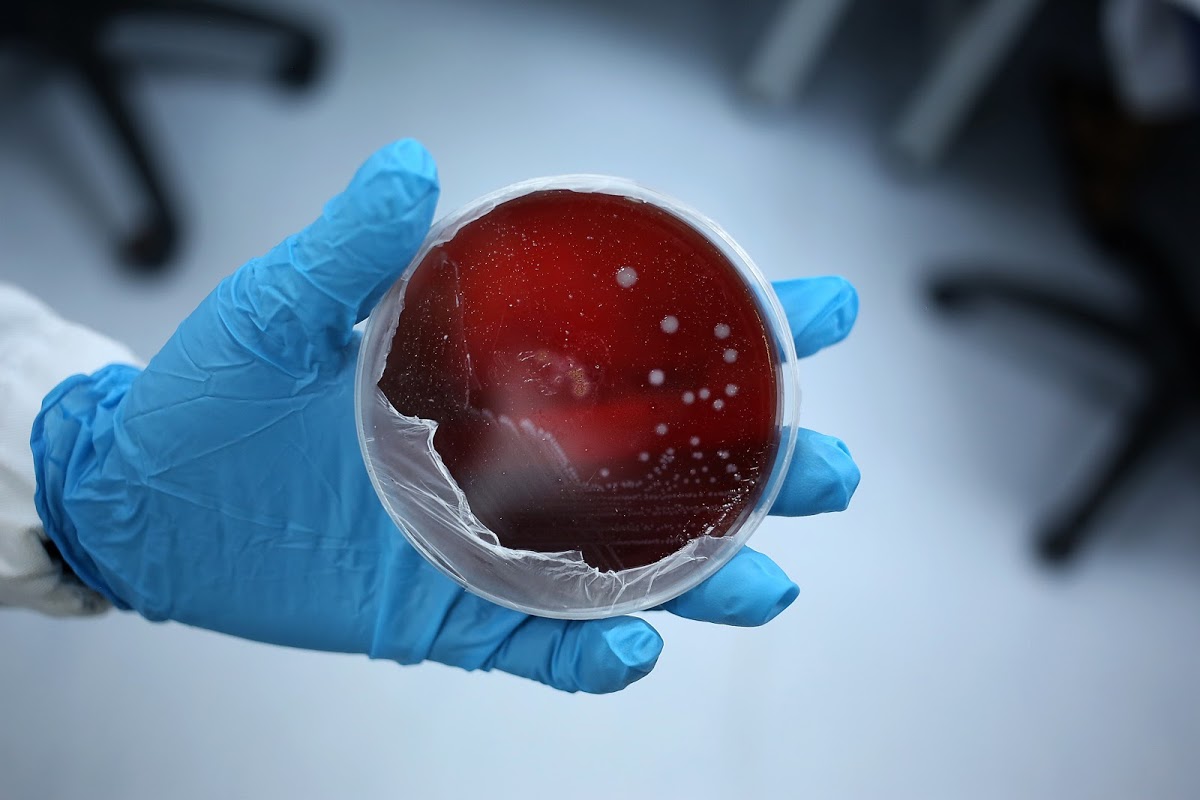Listeriosis is a dangerous food poisoning caused by consuming foods contaminated with the Listeria monocytogenes (L. monocytogenes) bacterium.
For the case of pregnant ladies, the infection can cause miscarriage, premature birth, and serious infection of the baby or even stillbirth.
Listerosis infection is generally transmitted by contaminated foods. Outbreaks generally involve uncooked meat or vegetables, or poorly heated meat products (sausages, hot dogs) or deli meats or milk or cheese which have not been pasteurized. However, it can affect cooked and processed foods if the bacterium is present in a factory and may enter, possibly, during the packaging process. Listeria is strong – it can remain in a kitchen or factory for long periods, and can even grow at fridge temperatures.
The incubation period between exposure and symptoms is quite variable (3 to 70 days, with 21 days as average) and may extend up to about two months or more depending on the case, strength of immune system, gender, age and other factors.
For healthy adults listeria is usually not a significant risk – exposure to it might cause mild flu-like symptoms (fever, muscle aches, nausea) or stomach problems. However, it is significantly more dangerous for those with weakened immune systems. So older people, children, or those with cancer, diabetes, Aids or other significant illnesses are at more risk. Pregnant women are particularly vulnerable – about 20 times more likely than other healthy adults to get listeria. For this reason pregnant women are strongly advised not to consume high-risk foods such as cold, uncooked or raw meat and soft cheeses.
More serious infections generally cause serious gastrointestinal and flu-like symptoms, often with muscle ache and a stiff neck, or sometimes confusion and loss of balance. This can then lead to a meningitis-like inflammation around the brain or septicemia. Loss of balance problems and convulsions may develop in brain infections. Listeria is generally treated with antibiotics, which need to be administered quickly in serious cases.
Meats should be thoroughly cooked, and raw fruit and vegetables washed. Uncooked meat should be stored separately, and products containing unpasteurized milk avoided. Another key element is good kitchen hygiene; both keeping hands and equipment clean, and consuming even refrigerated leftovers very quickly.
Halal and Tayyib Certified Products can be the safety measures against such products of modern life. Because Halal Certificate, when it is granted by a reputable Halal certifying body, is a guarantee that the certified product not only conforms to Islamic principles but it is a safe product produced under most strict hygiene conditions and thus that does no harm to human body or even to the environment since all production processes are thoroughly controlled and monitored by the Halal certifying body.
Certainly, as in the way of Islamic life, the certified products must be protected well until they are consumed.


